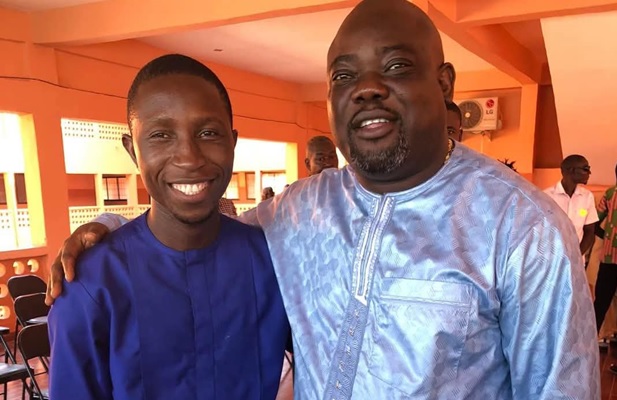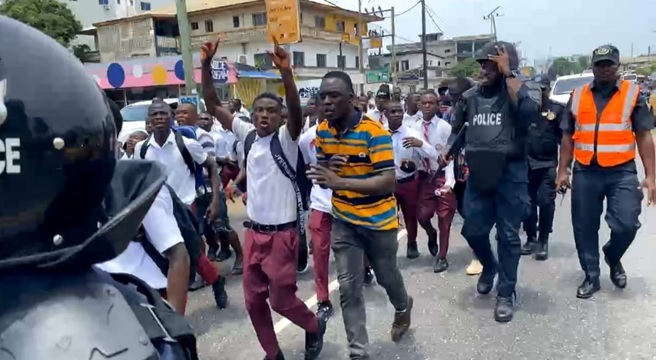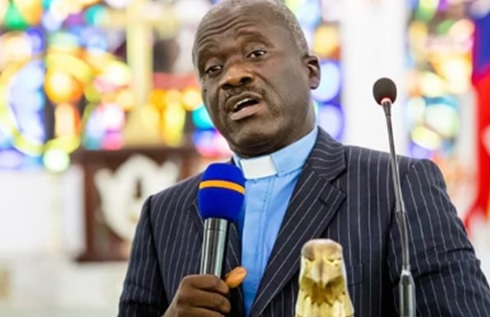MONROVIA, LIBERIA – A recent investigation has uncovered a disturbing scheme that implicates Deputy Speaker Thomas P. Fallah and several individuals associated with him in the embezzlement of over LRD 31 million and US$316K from Liberia’s National WASH Commission (NWASHC). While the country struggles with severe economic challenges, including rampant unemployment and widespread poverty, Fallah’s actions serve as a glaring example of how public funds are being siphoned off by political elites.
The scheme centers around Fallah’s close associate, Francis C. Snorton, who was appointed as the Comptroller of the WASH Commission. According to the findings, Snorton misappropriated millions of dollars by making unauthorized withdrawals over the counter at the Central Bank of Liberia, a clear violation of the country’s Anti-Money Laundering and Combating the Financing of Terrorism (AML/CFT) Law, which restricts over-the-counter cash withdrawals to a maximum of US$10,000. Yet, Snorton was able to withdraw amounts as high as US$200,000 in a single day, with no clear accountability for the funds.
The stolen funds, reportedly intended for various “projects” under the NWASHC, were instead diverted into a secret account at Afriland First Bank, where they were allegedly shared among Fallah, Snorton, and their associates. Despite claims that the funds were used for project implementation, investigations revealed no evidence of any actual projects being completed. In fact, the NWASHC, by law, is a monitoring agency, not an implementing one, rendering these withdrawals even more suspicious.
The perpetrators of this crime also enlisted the help of two “ghost” individuals, J. Augustine T. Nyeplu and Marcellinus N. Wiefue, who encashed some of the checks linked to these withdrawals. Fallah’s protégé and accomplice in the scandal, Snorton, has since left the WASH Commission and now works at Fallah’s private university, a further indication of the deep ties between the two men.
In response to these revelations, activist Martin K.N. Kollie has strongly criticized Fallah and others involved in the scandal, emphasizing the broader implications of this theft. Kollie stated, “This is not just an issue of theft; this is an outright robbery of Liberia’s future. The resources stolen from the WASH Commission were intended to improve the lives of millions of Liberians, especially in areas of water, sanitation, and hygiene. Instead, they’ve been diverted to enrich the political elites who are already living in unimaginable wealth.”
Kollie’s condemnation extends beyond the perpetrators themselves, criticizing the lack of accountability in Liberia’s political system. “This is a government that promised to fight corruption, but we see individuals like Fallah and his associates continuing to benefit from impunity. The government must demonstrate the political will to investigate and prosecute these criminals, or it will be complicit in perpetuating this injustice,” he added.
The scandal has sparked widespread outrage across the country, with many Liberians questioning why such large sums of public money were diverted without any oversight or accountability. Calls for a full audit of the WASH Commission and the National Legislature, covering the years 2018 to 2025, have grown louder, as citizens demand transparency in how their taxes are spent.
Despite the mounting evidence against him, Fallah remains unfazed. Sources close to the investigation allege that he used his influence to clear Snorton and others involved in the scandal from an initial investigation by the Liberia Anti-Corruption Commission (LACC). This raises questions about the integrity of the LACC and the extent to which political figures are able to manipulate investigations for their benefit.
The wealth amassed by Fallah and his associates in recent years is equally concerning. Once a modest businessman in Red Light, Fallah has now become an overnight millionaire, acquiring properties, a private university, vocational institutes, radio stations, and other assets that raise serious questions about the source of his newfound wealth.
In light of these revelations, Kollie has called for urgent action, urging the government to demonstrate its commitment to transparency and accountability. “We cannot afford to let this scandal go unpunished. The people of Liberia deserve better than a system that rewards thieves and punishes the poor. This is not just about Fallah; this is about the future of Liberia.”







